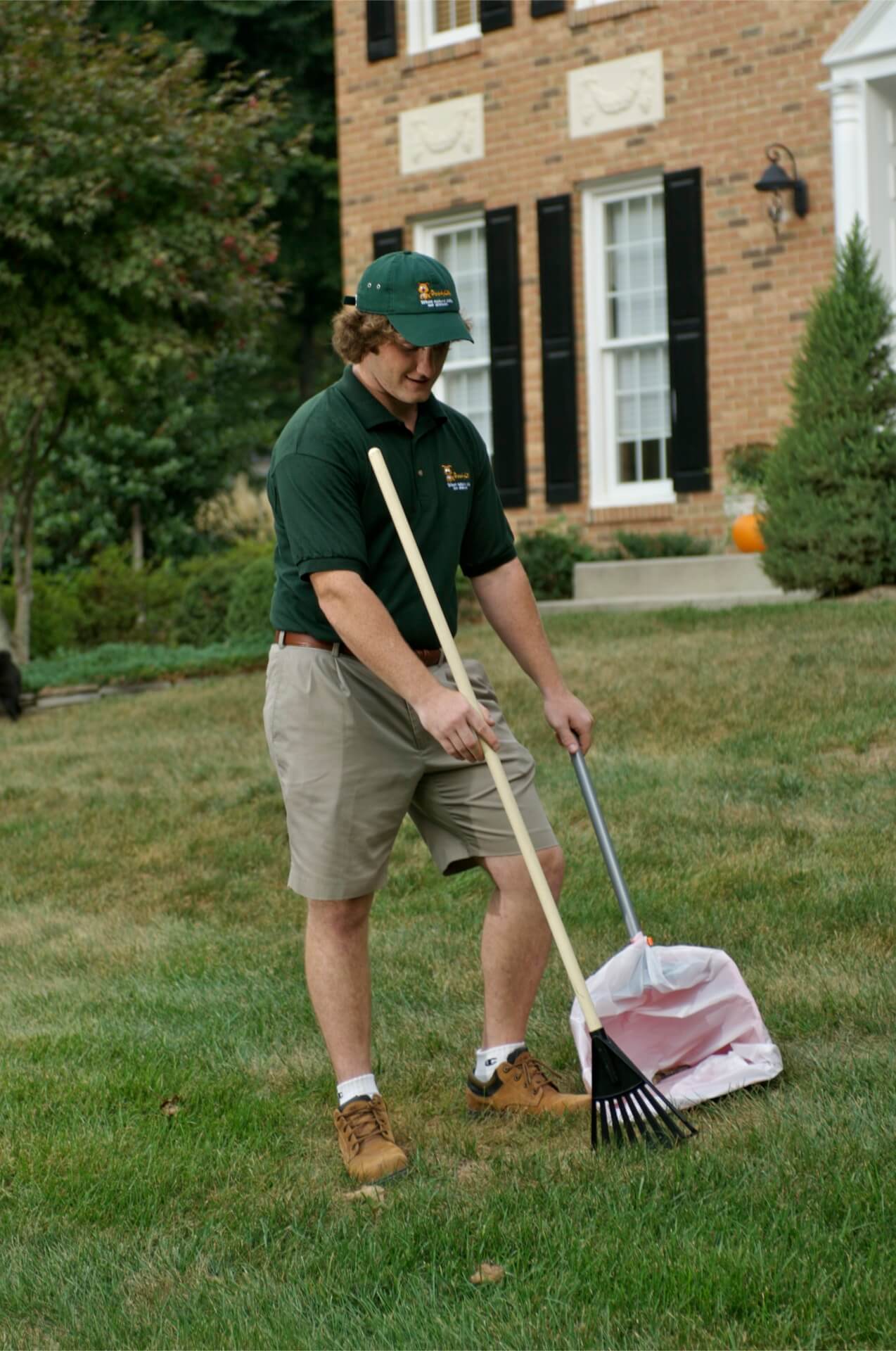Pet waste management is an important tenet of responsible dog ownership. The first step is picking up what your pet leaves behind. The second is making sure it is disposed of properly.
A common misconception surrounding pet waste disposal is that Fido or Fluffy’s waste serves as a natural fertilizer and can simply be collected into the garden or flower bed. Dog owners take note: This is not true. In fact, leaving pet waste on the ground or concentrating it in one specific area of the yard can seriously harm soil quality and can be dangerous for both families and their pets.
The idea that pet waste makes for a plentiful and affordable fertilizer stems from the use of cow or horse waste as a soil enhancer. But not all waste is made equal and whether a specific animal’s waste is beneficial to the ground it lays on depends primarily upon the animal’s diet. As a rule of thumb, in order for waste to be used as an effective fertilizer, it must consist mainly of digested plant matter.
Cows and horses are herbivores, which makes their waste ideal for use as fertilizer. Dogs, on the other hand, are carnivores, making their byproducts unsuitable for soil enrichment.
Another common practice for disposing of collected waste is to designate an area of the yard as a sort of compost heap, with the hope that the waste will decompose over time. For anyone with such an arrangement, you may notice that your heap has yet to disappear, but rather continues growing.
It is possible to compost dog waste, but in order to do so, the heap must exceed 165 degrees Fahrenheit for approximately five days to safely sterilize the manure. Unfortunately, most backyard compost systems rarely reach this temperature, and even if they did, it would still be inadvisable to use the waste as fertilizer. According to the Environmental Protection Agency, dog waste – composted or otherwise – should never be used on crops grown for human consumption.
As simple and natural of a solution as it may seem, this practice is actually bad for the environment and also presents a host of potential health hazards for you, your family and your pet.
Dog waste carries disease-causing bacteria that can be transmitted directly to humans and make them sick. Ringworm, roundworm, salmonella and giardia are examples of such bacteria, all of which are found in dog feces and are easily transferable upon contact.
Roundworm, for example, is one of the most common parasites found in dog doo and it can remain infectious in contaminated soil and water for years. How prevalent is roundworm? A recent CDC study found that 14 percent of Americans tested positive for them.
Pet waste should always be picked up and removed from your property on a regular basis. DoodyCalls recommends scooping waste into a trash bag, then double-wrapping it with another bag and placing in the garbage to be collected and taken to the landfill. However, you should check to make sure this method of disposal is in accordance with local laws and regulations.
If you do follow the bag and garbage method, be sure to double bag the waste and tie knots at the top of both bags to ensure the waste is properly sealed. This is mainly to protect garbage collectors from coming into contact with the waste upon pickup.
For those who prefer to wash their hands clean of the entire cleanup business, local pet waste removal services will gladly handle all of the messy work for you, including removal of accumulated waste heaps.

